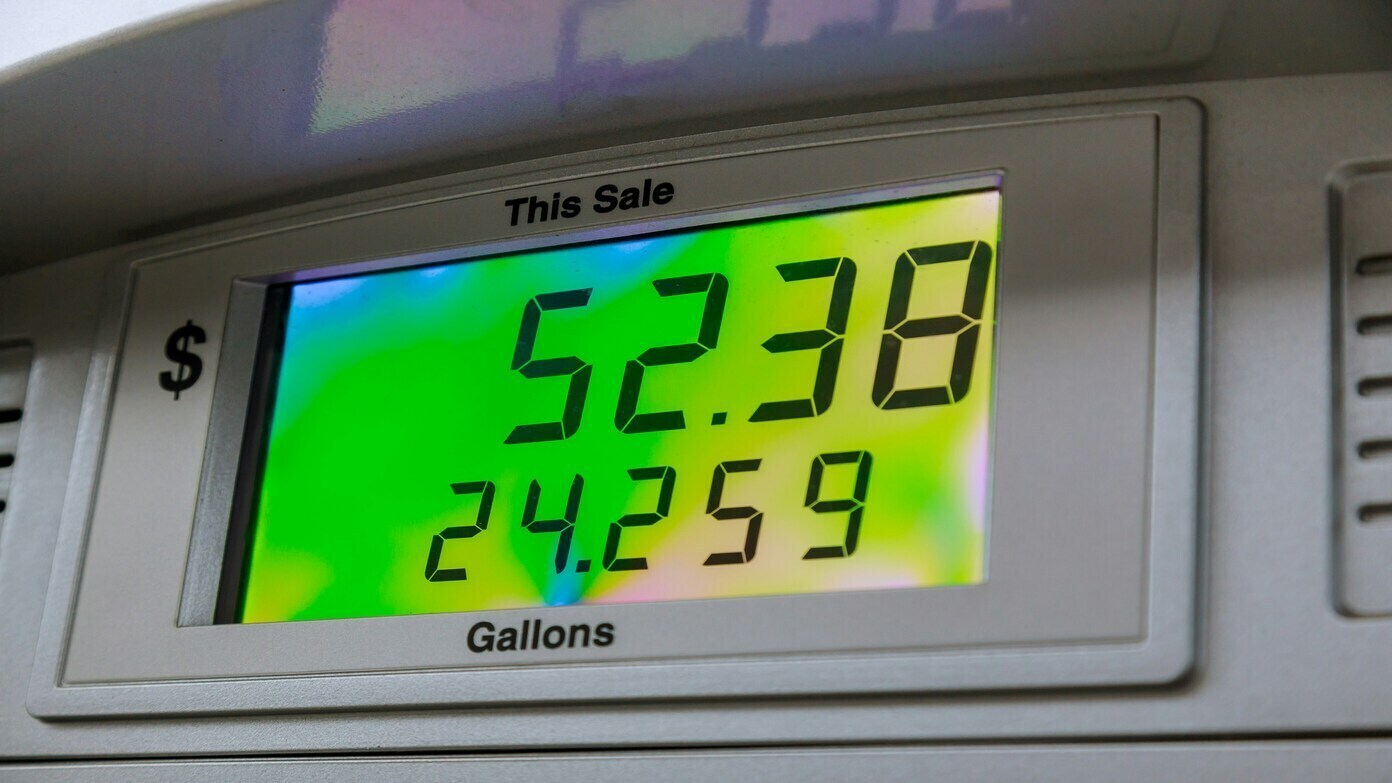If you’re worried that the Israel-Iran conflict is going to affect how much you pay at the pump, then you’re not alone. It’s happened quickly, and lots of people are worried it’s going to drive up the price of petrol and oil just as the summer driving season is about to begin. Let me walk you through what is happening and what it might do to you.
Why Iran’s attack is so destabilizing
Israel’s attack on Iran has raised a giant red flag flying through energy markets. Gas prices were holding pretty flat until now—even falling a bit in recent months—because of weak demand and tight supply. But the threat that Iran will bomb large oil installations or bottlenecks, after threatening to retaliate, suddenly put all that at risk.
This is not a random geopolitical hot spot; it is a menacing build-up of an entrenched conflict. The question hovering in the air is: Will Iran strike back in a way that will shut off the oil tap?
Oil prices are already rising
The instant Iran fought back, the cost of crude oil increased immediately—US crude oil prices rose nearly 14% at one stage. Although it reversed slightly later in the day, it remains up around 6% and has increased by 12% this week alone—its largest gain in a very long time.
For you at the pump, that would be prices going up in the days to come—10 to 25 cents per gallon, maybe—added to your bill when you pay to gas up your tank. The average for a gallon of regular gasoline last Friday was $3.13, but this squeeze could wipe out those deals in an instant.
Will Iran target the oil flow?
How high they climb, however, is partly in Iran’s control. If Iran attacks major energy facilities or blocks the Hormuz Strait—a narrow passage through which the equivalent of some 21 million barrels of crude is shipped daily—prices likely would skyrocket.
Other analysts downplay this kind of belligerent action as less probable, simply because the US Navy is in the area, and Iran would be inviting an enormous escalation to continue to do so. Nevertheless, a limited attack or short-term blockade could be sufficient to create shockwaves in the market.
Possible steps to avoid prices rising excessively
When prices rise through the roof, there are reserve backups. Saudi Arabia and OPEC can increase their output to make up for the shortage. The USA and other major consumers can draw upon their strategic reserves—like President Joe Biden did in 2022 — to relieve the pressure on prices.
Meanwhile, the International Energy Agency is monitoring the situation closely and has more than 1.2 billion barrels of emergency reserves that it can call on if necessary.
Read now: 23andMe faces legal action as states seek to prevent sale of customer genetic information.
The bottom line
So we can’t be certain how much more you’ll be paying at the gas pump, but the Iran-Israel conflict certainly puts the likelihood of you paying more in the next few days on the table. It depends on what Iran does next and how much oil production is disrupted. The US, OPEC, and the IEA are all poised to act if things go further south—but for now, it’s a nervous time for energy markets.
Read this later:
23andMe faces legal action as states seek to prevent the sale of customer genetic information

